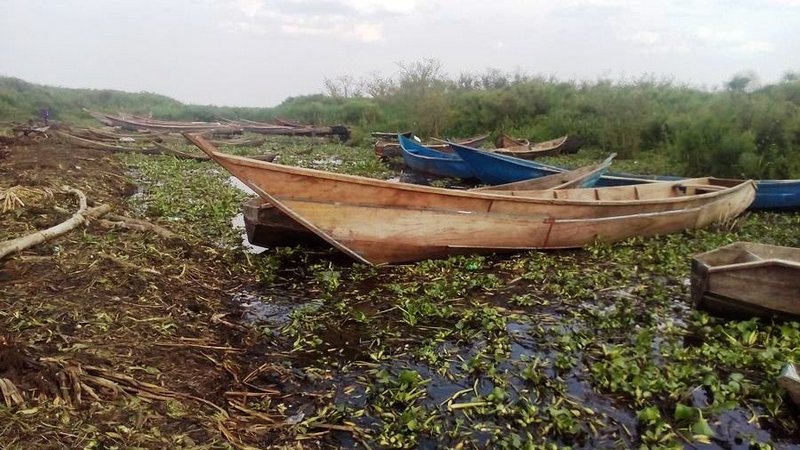Strengthening regional capacity in research and training in fisheries and aquaculture for improved food security and livelihoods in Eastern Africa | STRECAFISH
Project Coordinator: Peter Akoll
Coordinating Institution: Makerere University
Partner Institutions: University of Natural Resources and Life Sciences, Vienna (Silke Drexler), University of Eldoret (Kaunda-Arara Boaz), Ethiopian Institute of Agricultural Research (Adamneh A. Dagne)
Partner Countries: Uganda, Kenya, Ethiopia
Project Duration: 1st of July 2015 – 31st of December 2018
Abstract
The Eastern Africa region faces serious food security challenges. Ethiopia, Kenya and Uganda share common problems regarding sustainable management of sensitive and dynamic aquatic ecosystems, as well as facing deficits in high protein food supply and an on-going battle to alleviate rural poverty as well as to improve food and nutrition security. The Fisheries sectors which, in the recent past, contributed significantly to securing food and nutrition as well as poverty alleviation though employment and income generation for developing countries has stagnated or declined. Sustainable management of capture fisheries is hampered by trans-boundary issues; yet, institutional networks to share the limited resources in the region are weak. Meanwhile, regional governments are promoting investments into the aquaculture sector as an alternative, but the sector is hampered by low numbers of fit-for-the-demand human capacity responding to fast-moving technological advancements to bolster adoption and up-scaling of technologies and guide sector development. The proposed project intends to enhance networking among private, public and academic institutions though:
- Establishing a PPP networking platform and enhance their involvement in curricula development/ realignment
- Address lack of vibrant institutional and regional networking in training and research in the aquatic sciences by establishing a platform for sharing the limitedhuman and infrastructure resources
- Adopt field-oriented modular approaches and develop regionally acceptable technologically versatile audio-visual teaching aids to improve training approaches and
- Increase number of fit-for-the-demand human capacity that will respond to fast-moving changes in fisheries and aquaculture sectors by supporting graduate students though student-staff-exchange to undertake critical research and organising tailored training to enhance the capacity of existing extension staff in Eastern Africa.
Overall, the project will build capacity in higher education and research institutions towards improved response of education to the fast moving aquaculture and fisheries industry.
The general objective of the project is to promote regional capacity building and integration of higher education through institutional networking in the field of aquatic resource utilisation and management to ensure improved food and nutritional security through increased fish production and sustainable resource management.
The specific objectives are to:
- Establish educational and research networking that is responsive to the fast moving aquaculture and fisheries industry in Eastern Africa;
- Analyse and realign curricula and support capacity building activities that are fit-for-the demands of the stakeholders and
- Foster aquaculture development through tailor-made training of fishery officers, development agents and farmers and develop model aquaculture villages.
